Local Writer Liz Pearson Mann issues the following challenge
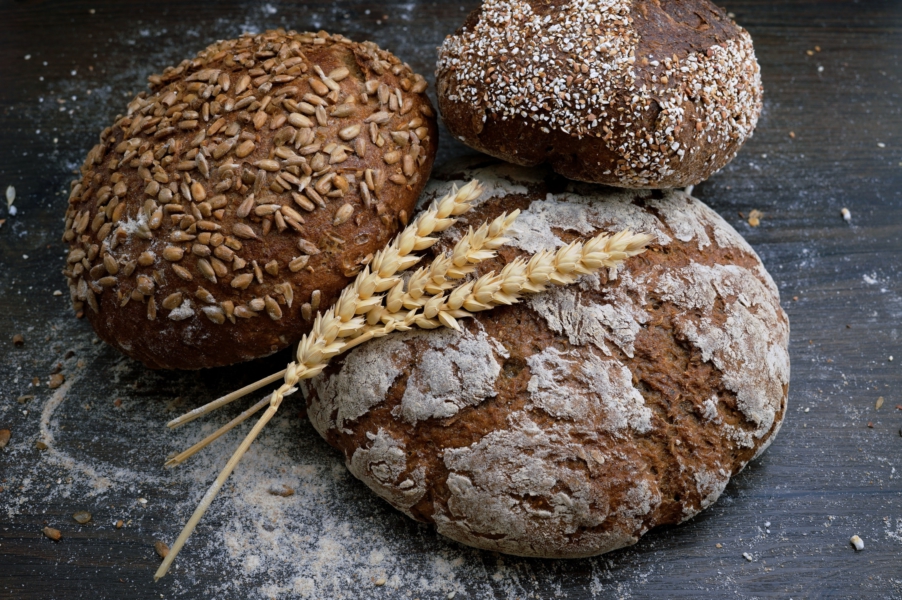
The nights are drawing in, temperatures are dropping, and our thoughts may turn to thickened winter stews, filling puddings and toast and butter. Now is a good time to think about your grains, peas or beans of choice. Diversify your grains (and your pulses). Look into where they came from and how they were grown too. As a result, collectively, we may do much to improve food security, local farming economy, soils, and the life of animals.
This is good news – hunker down for winter!
If you live in or around Ledbury, you live in a landscape of stiff, relatively fertile clay that has always produced good wheat. At least, it has in abundance since the ploughman of old sliced through clay with a newly-efficient mouldboard plough. Casting that clay sideways, he ploughed a straight furrow, producing the medieval ridge and furrow still visible in the landscape today.
Diversify Your Grains
Wheat takes more nutrients out of the soil, and is more fussy about inclement weather than other grains. No wonder that we find rye was more common on loose, loamy, poorer but well-drained soils to the west, along the English/Welsh Marches. There was an oaty flavour to those hills too, as oat wins out over wheat on cold, damp soils. Diverse crops have always helped with security against crop failures, and against exhausting soils. Local crops for local soils. This is what we need to return to, and we as individuals can help.
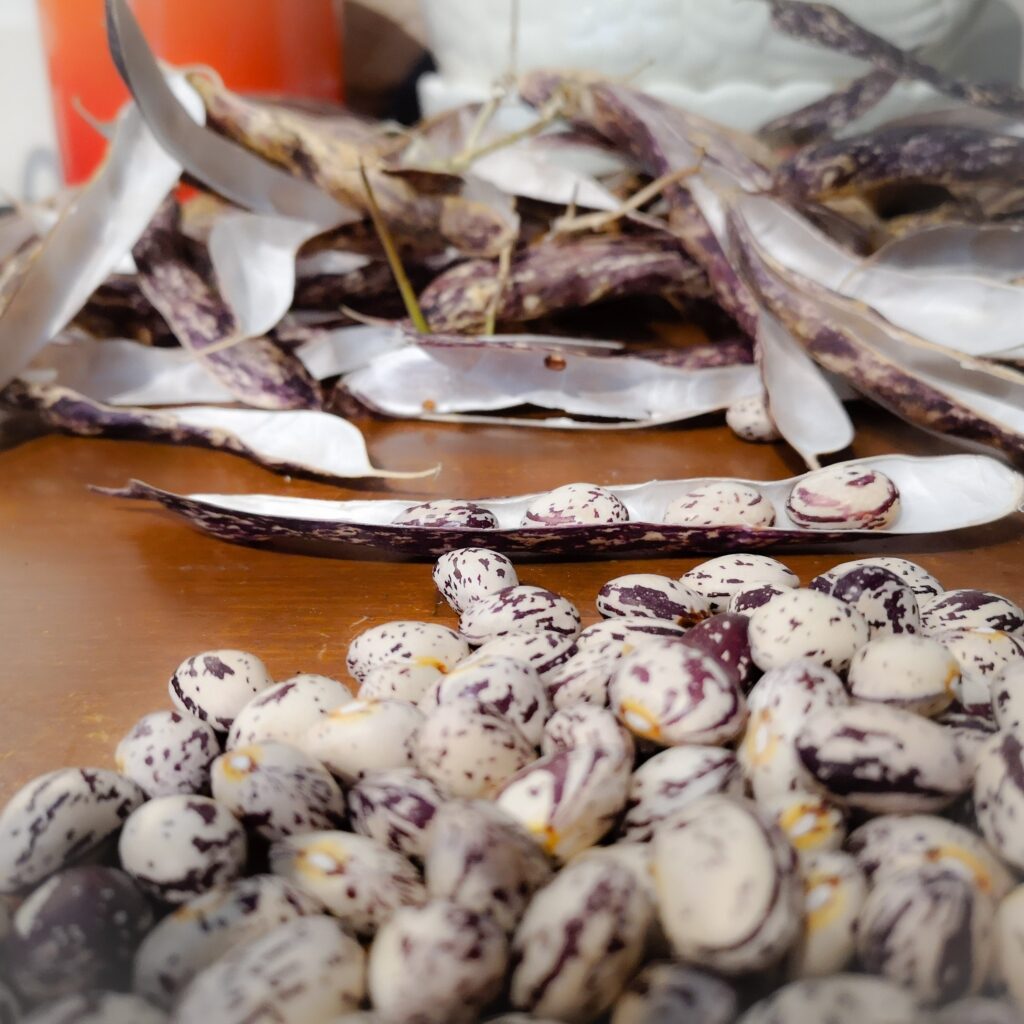
Beneficial Beans and Peas
Throw in some beans and peas into the pot too, for they have long been in the mix, with fallow periods and manure of animals for keeping up soil fertility. This is thrifty food, and food from outside your front door can help with food security for us all. Soak your grains, peas and beans – make bread, pottages and puddings.
Go Local
We all like some pasta, rice and chickpeas. But if you can source temperate climate-friendly and locally-grown supplies, all to the good. Often, where we find these, they’re not grown for the global commodity market. They’re more likely to have been grown on a smaller scale, with minimal, or no, agricultural chemicals. Animals fare better where soils are fed with manure and are full of microbial, fungal and insect life. Hedgerows and meadows are their home too.
For wheat, you may want to start with spelt wheat from Toad’s Mill near Bromyard. Spelt is an ancient wheat, known from prehistoric times, though most often thought of as a Roman wheat. Standing shoulder-high (not knee high like modern wheats), it shades out some of the weeds, leaving the farmer less dependent on herbicides, and provides more shelter for small animals too.
Try working windmills, or watermills, in and around the region. Some of them, like Charlecote Mill in Warwickshire and Shipton Mill in Gloucestershire sell their own flour.
For British-grown flour, grains and pulses pop into Handley Organics (Shipton, Bacheldre and Sharpham flours plus grains and pulses), or Ceci Paolo (Wessex Mill flours) on Ledbury High Street. Or try newly opened Seed and Source at 6 New Street, Ledbury (Shipton Mill flour and an increasing range beans, grains and pulses) – take your own containers for purchases! For those who shop from home try Bakery Bits online. In all these places you can find supplies produced with time-honoured cultivation and milling ways.
Recipes
For thrifty fare in days gone by, vegetables, grains and pulses (together or separately) were always on the stove. If you’d like a Tudor thick pea pottage, Angela Hursch from Bite From the Past translates a Tudor recipe into an easily-used modern format. The Tudor version starts “To boyle yong Peason or Beanes, first shale and seethe them….‘.
The Shakespeare Trust presents us with pea porridge with onions. And, if you want to experiment with rye, Roggenbraut (a traditional sweet and heavy rye bread) may be up your street.
Diversify and relocalise with your grains and pulses. There are, though, only so many crops we can ever raise from the ground without livestock in the mix. A further blog on “Nose to tail eating” is coming up soon.
Liz Pearson Mann is a writer, archaeologist, crafter and grower. She writes about being rooted in landscape, traditional culture and evergreen skills. She is author of Eat Like Your Ancestors (From the Ground Beneath Your Feet): A Sustainable Food Journey Around the English West Midlands available at Ledbury Books and Maps.
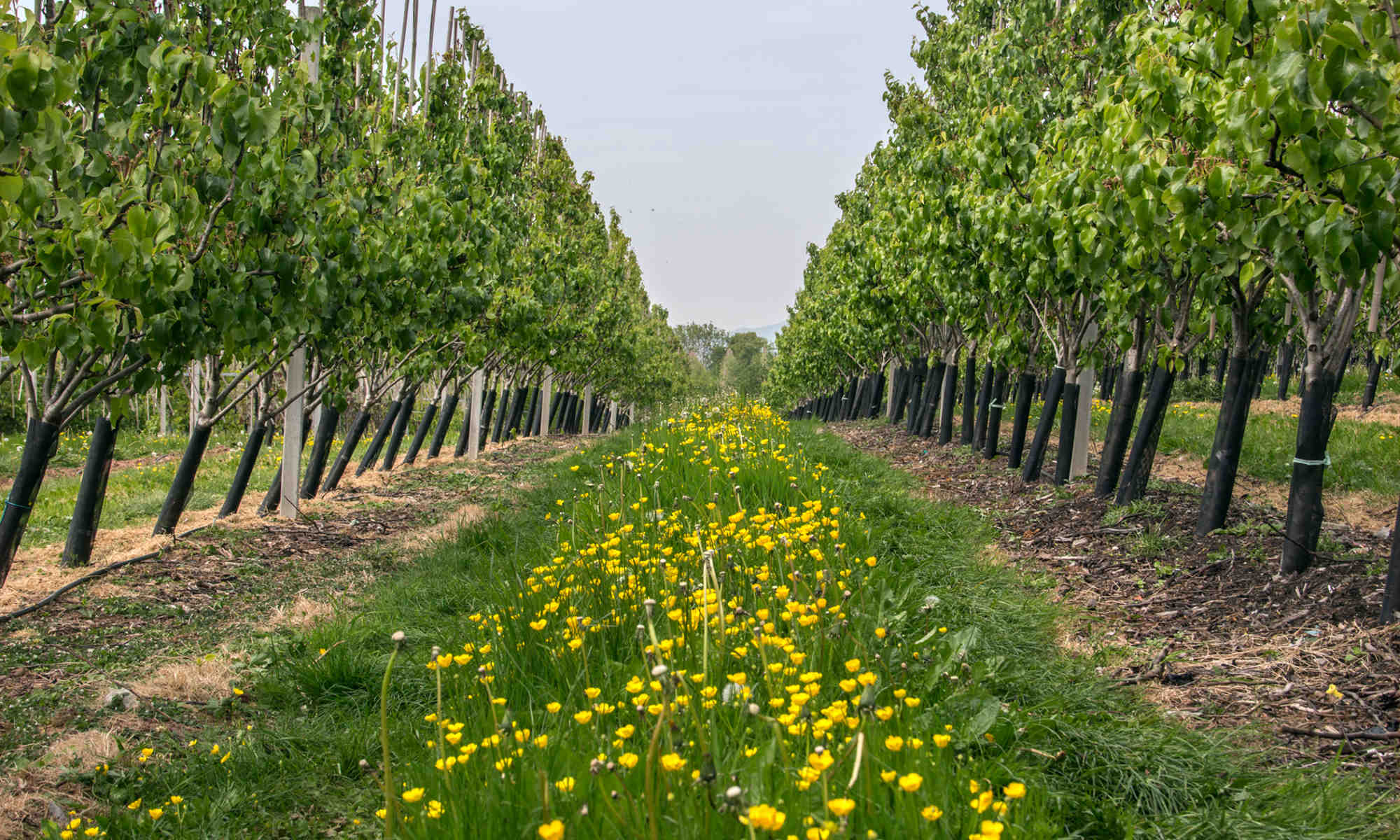
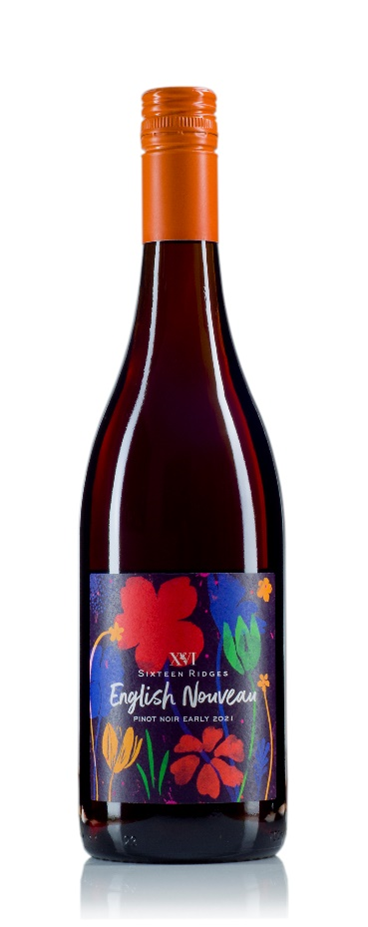
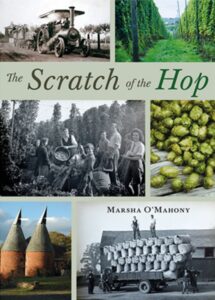 Date: Thursday 28th October 2021
Date: Thursday 28th October 2021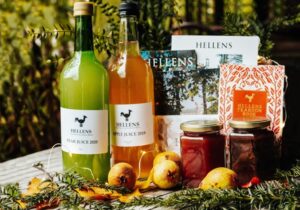
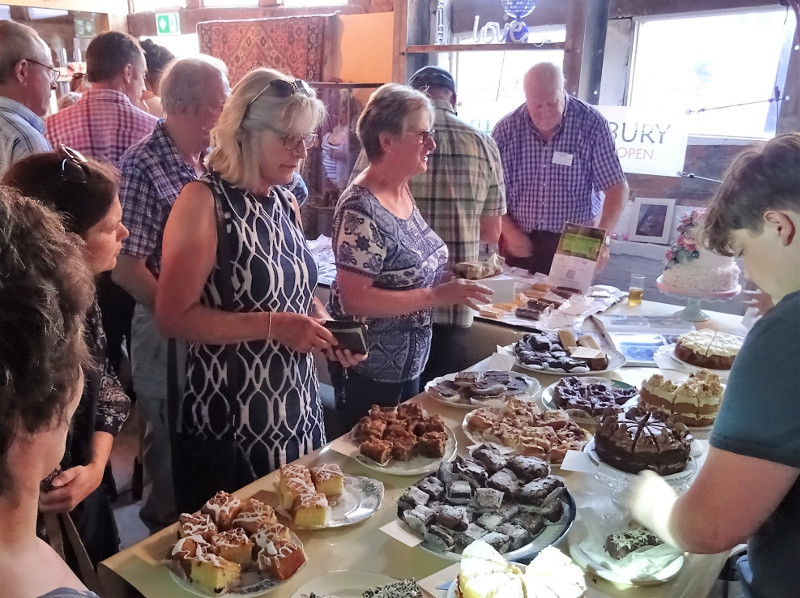 After a successful year in 2019 with an excellent Ledbury Celebration event in July and very popular evening Farmers Food Market running in St Katherine’s and the Barn (see photo above), we had hoped to continue with similar activities supporting our local food economy through 2020.
After a successful year in 2019 with an excellent Ledbury Celebration event in July and very popular evening Farmers Food Market running in St Katherine’s and the Barn (see photo above), we had hoped to continue with similar activities supporting our local food economy through 2020.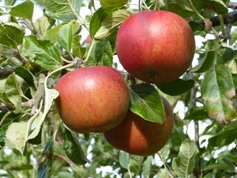 The Big Apple Harvestime Event – is taking place on Saturday and Sunday 9th and 10th October around Much Marcle.
The Big Apple Harvestime Event – is taking place on Saturday and Sunday 9th and 10th October around Much Marcle.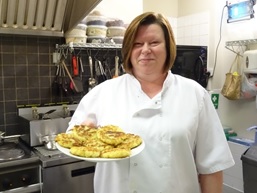
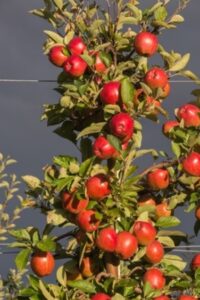
 The apples are ripening on the trees, the presses are standing by, and the time is fast approaching for the Big Apple to welcome visitors to the Herefordshire parishes of the Marcle Ridge continuing a thirty year tradition.
The apples are ripening on the trees, the presses are standing by, and the time is fast approaching for the Big Apple to welcome visitors to the Herefordshire parishes of the Marcle Ridge continuing a thirty year tradition.